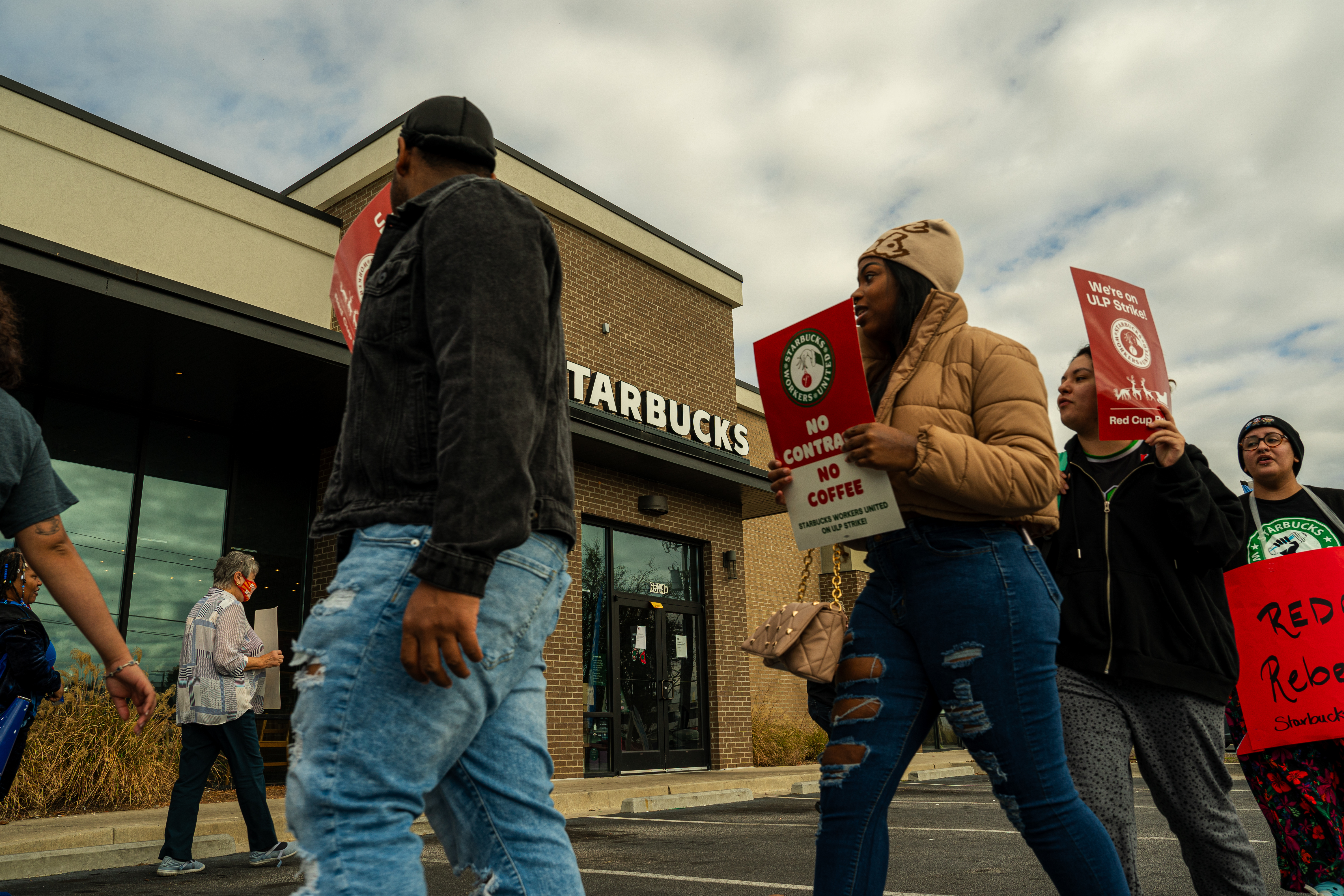The United Autoworkers Union is launching a nationwide campaign to expand on the heels of its big contract win against Detroit Automakers.
UAW officials wrote in a press release that the campaign will target nearly 150,000 autoworkers across thirteen different companies.
UAW President Shawn Fain says he plans to expand the union using the momentum gained after winning new contracts.
In addition, Hyundai and Rivian, two of the companies, are developing multi-billion dollar manufacturing plants in Georgia and are expected to start production in the next few years.
In September, Hyundai Motors America President José Muñoz spoke to a group of reporters about the possibility of workers organizing amid the UAW strikes.
“At the end of the day, the workers decide. So we’ve had in our history, a couple of elections, and then the workers are the ones who ultimately decide,” said Muñoz.
While Rivian declined to comment on the organizing effort, a spokesperson for Hyundai says team members at their facility in Alabama have yet to show interest in union representation.
Tom Smith, a professor at Emory University’s Goizuetta Business School, says it’s always beneficial for unions to build up membership, especially in states like Georgia, where union membership is low.
“It helps them generate momentum. And so I could see the UAW wanting to unionize or coordinate manufacturers in the south,” said Smith.
Just over two weeks ago, Hyundai announced it was raising wages for factory employees in Georgia and Alabama by 25% into 2028, matching the wage increase offered to UAW members in their new contracts with Detroit automakers.
Competitors Honda and Toyota also announced they will raise factory employee wages.
Hyundai’s decision a move that analysts say could ward off the threat of workers organizing, but Smith notes that raising wages may not be enough.
“The union would probably argue for different sets of promotion possibilities,” said the Emory professor. “Health insurance, other kinds of fringe benefits [and] try to secure overall better working conditions,” said Smith.
“The latest estimates that I’ve seen based on these new contracts, which were ratified at the Big Three automakers in the United States, is that it’s going to add about $850 to $900 per car, in terms of by how much they’re going to raise the price,” said Matt Knepper, Assistant Professor of Economics at the University of Georgia.
Knepper states that the contracts are a prime example of the union threat effect.
“One of the hypothesized effects of unions is that it can actually raise wages more broadly within the industry in which the union operates, even at non-unionized plants.”
The pay boost will apply to Hyundai’s new Georgia plant workers, which is scheduled to start production in 2025.









